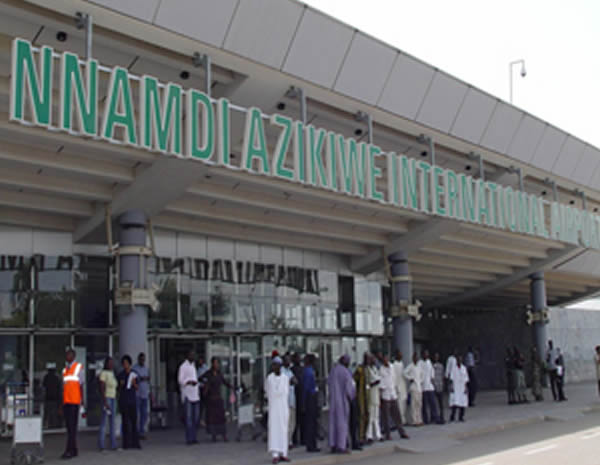Business
Remove Fuel Subsidy, Focus On Welfare, IMF Pressures FG
The Executive Board of the International Monetary Fund (IMF) has concluded its Article IV consultation with Nigeria and called for a removal of fuel subsidy and for the Federal Government to increase its spending on the poor, as a means of reducing poverty in the country.
In a statement yesterday the IMF said: “Phasing out implicit fuel subsidies while strengthening social safety nets to mitigate the impact on the most vulnerable would help reduce the poverty gap and free up additional fiscal space.”
They welcomed Nigeria’s ongoing economic recovery, accompanied by reduced inflation and strengthened reserve buffers but noted that “the medium-term outlook remains muted, with risks tilted to the downside.”
The board members said that Monetary policy focused on exchange rate stability would help contain inflation but worsen competitiveness if greater flexibility was not accommodated when needed.
“High financing costs, on the back of little fiscal adjustment, would continue to constrain private sector credit, and the interest-to-revenue ratio would remain high,” they said.
The directors pointed out that “long standing structural and policy challenges needed to be tackled more decisively to reduce vulnerabilities, raise per capita growth, and bring down poverty.”
They, therefore, urged the authorities to redouble their reform efforts in this regard.
On tax, they welcomed the authorities’ tax reform plan to increase non-oil revenue, including through tax policy and administration measures. The Directors stressed the importance of strengthening domestic revenue mobilization, including through additional excises, a comprehensive VAT reform, and elimination of tax incentives.
“Securing oil revenues through reforms of state owned enterprises and measures to improve the governance of the oil sector will also be crucial,” they added.
The IMF Directors urged ending direct Central Bank of Nigeria’s intervention in the economy to allow focus on the central bank’s price stability mandate.
The Fund said: “Directors commended the authorities’ commitment to unify the exchange rate and welcomed the increasing convergence of foreign exchange windows.
“They noted that a unified market based exchange rate and a more flexible exchange rate regime would support inflation targeting. Directors also stressed that elimination of exchange restrictions and multiple currency practices would remove distortions and facilitate economic diversification.”
Directors welcomed the decline in nonperforming loans and the improved prudential banking ratios but noted that restructured loans and undercapitalized banks continue to weigh on financial sector performance.
Advertise or Publish a Story on EkoHot Blog:
Kindly contact us at [email protected]. Breaking stories should be sent to the above email and substantiated with pictorial evidence.
Citizen journalists will receive a token as data incentive.
Call or Whatsapp: 0803 561 7233, 0703 414 5611














